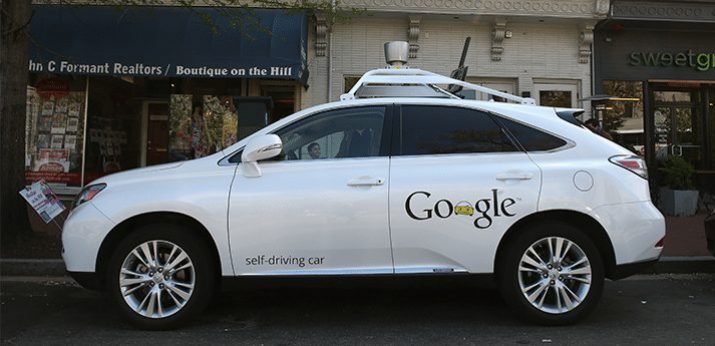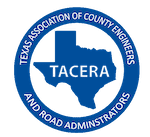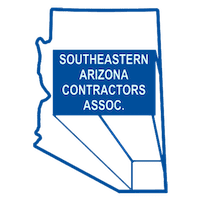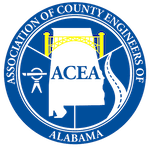Arlington is among select Texas communities chosen as a national test site for the research and development of self-driving vehicles.
As a test site, Arlington will help the USDOT develop guidelines for automated vehicle technologies. Initial testing will take place on closed research proving grounds, such as the University of Texas at Arlington campus and the Interstate 30 managed lanes.
“Arlington has a history of innovation dating back decades when we first recruited General Motors to bring its assembly plant to our community,” said Arlington Mayor Jeff Williams. “We now have a Transportation Committee made up of our residents to push the envelope on technology and innovation to take our City’s transportation plan into the future. That’s why we were so pleased to play a role in the research and testing of Autonomous Vehicles. Technology like this will be the future and signifies great opportunity for transportation.”
Participating in this transportation research aligns with the Arlington City Council Priority to Enhance Regional Mobility.
Arlington has numerous factors that make it an ideal testing site, which include the City’s state-of-the-art Traffic Management Center as well as its Entertainment District, which draws millions of visitors each year to its sports venues, theme parks and Convention Center.
“Arlington offers a comprehensive real-world AV test environment along I-30 in the heart of the Dallas-Fort Worth region. Arlington’s population of 380,000 is socio-economically diverse and currently underserved by transportation mode choices, providing potential for AV Technologies to act as ladders of opportunity and improve mobility,” the Texas AV Proving Ground Partnership wrote in its bid for the national designation.
The Texas AV Proving Ground Partnership has proposed three testing grounds in Arlington:
UTA: The campus provided an opportunity for deployment of AVs in low-speed and somewhat closed environment. Given the large campus, there are many deployment opportunities, including on-road movement from remote parking areas and off-road movement within the campus.
Streets: Arlington has an extensive street system that can be utilized for AV testing at low to moderate speeds. UTA’s campus is directly adjacent to the downtown urban core, providing a test environment linking campus pathways to local streets. Two long-running shuttle services operate within the Entertainment District to connect area hotels and destinations. They could be readily adapted for AV testing. Streets within the Entertainment District are good candidates for testing during light traffic periods between events, as well as moving large numbers of people during events. As AV technologies are proven, deployment along more city streets offering a wider variety of conditions will be possible.
Highway: Interstate 30 between I-35 in Fort Worth to I-35 in Dallas is a modern multi-lane expressway. It includes a 10-mile, reversible, protected, managed lane facility operated by TxDOT, which can be closed during off-peak hours. Thus, AV testing on I-30 can start in the protected environment of the closed managed lanes, followed by testing in the relatively stable conditions of the managed lanes with regular traffic, and finally, testing in the general purpose lanes.
Automated vehicles aren’t the only type of transportation technology being explored in Arlington. Earlier this month the City of Arlington announced a data-sharing partnership with Waze, the free, real-time crowd-sourced traffic and navigation app powered by the world’s largest community of drivers. Designed as a free, two-way data share of publicly available traffic information, the Connected Citizens Program promotes greater efficiency, deeper insights and safer roads for citizens of Arlington along with more than 100 other partners around the world.













